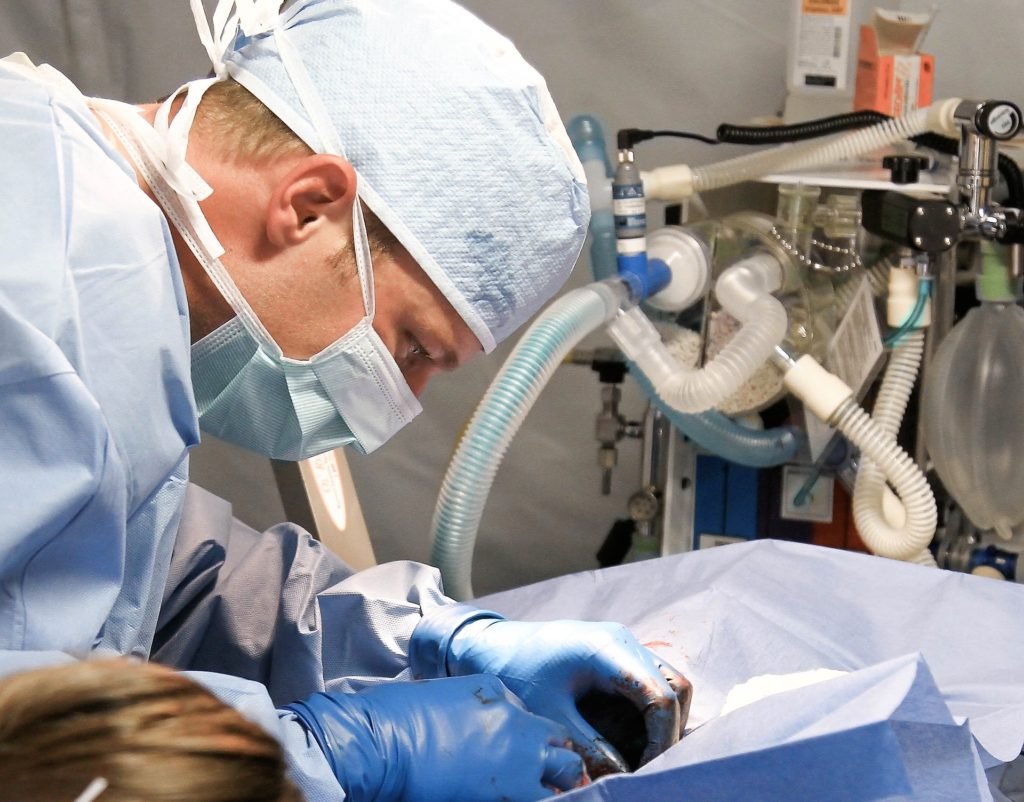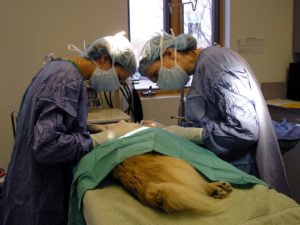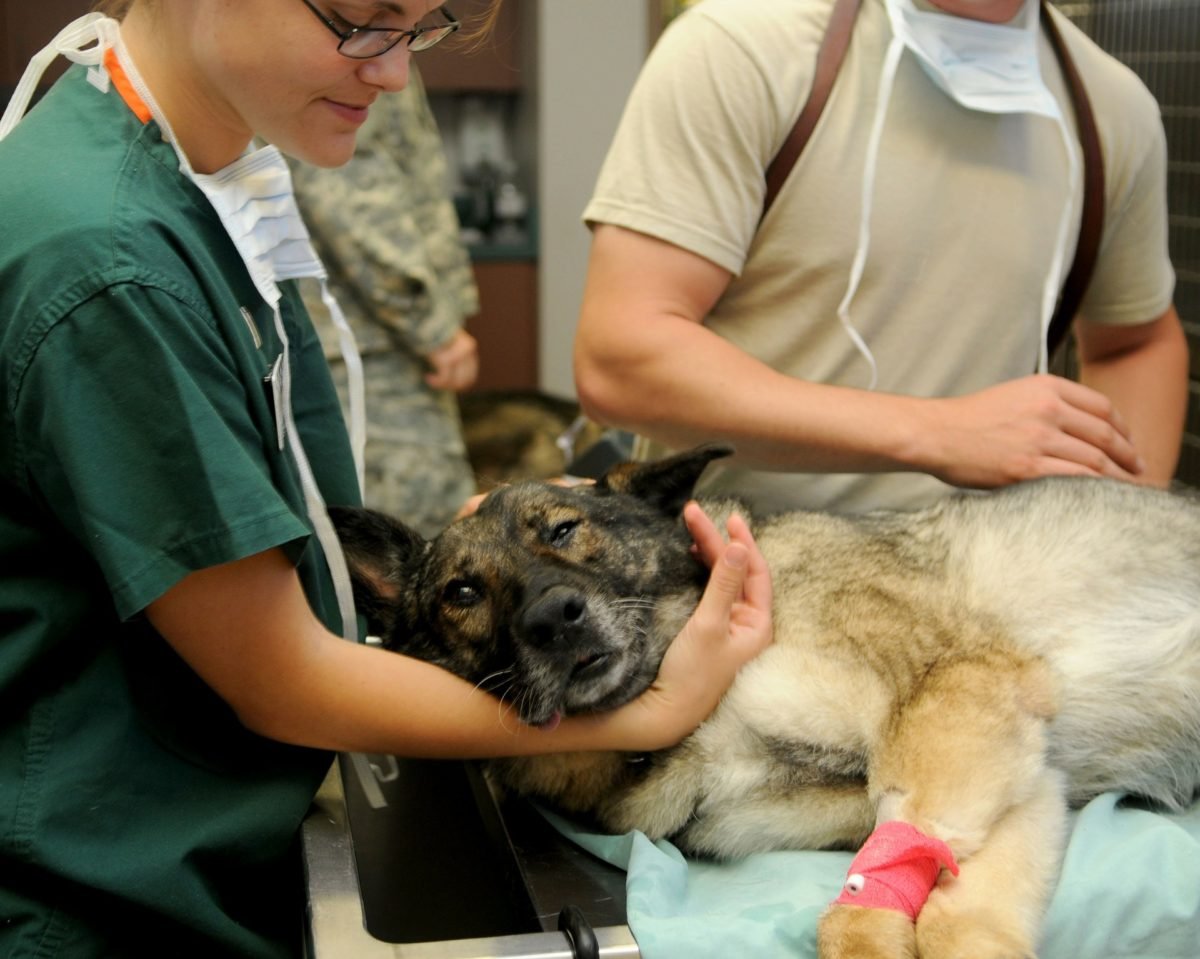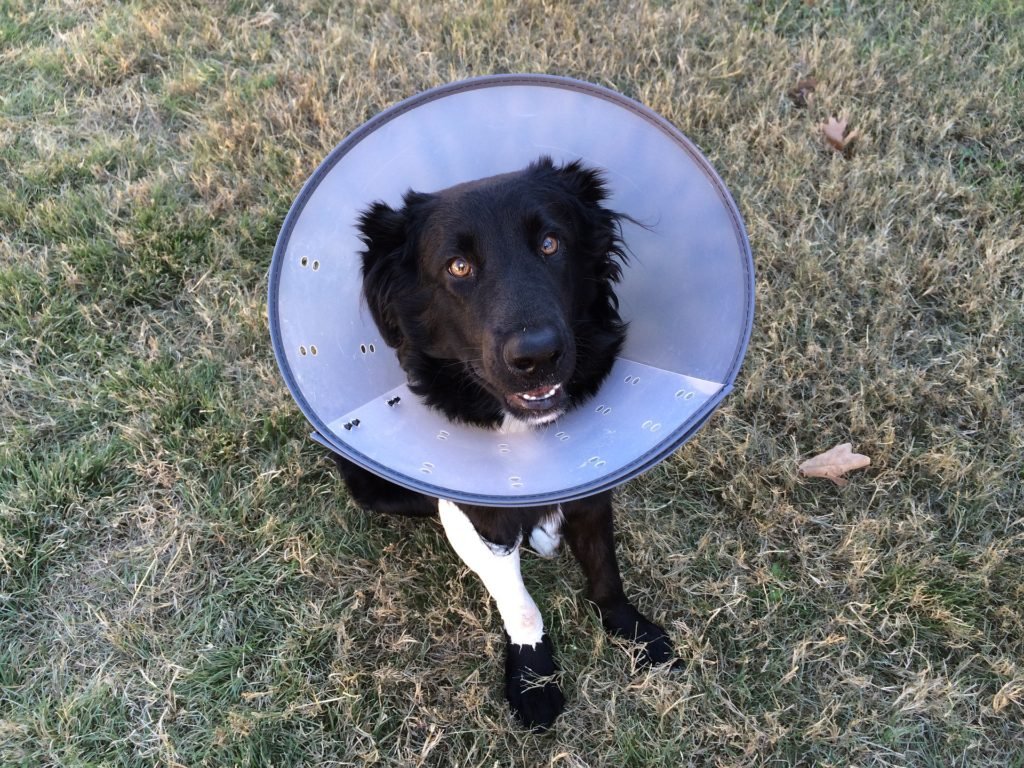Veterinarians are stressed.

Keeping our pets and farm animals healthy and alive and well appears to make veterinarians sick and suicidal.
Apparently, it is not a bed of roses for veterinarians and many consider the profession an extremely stressful one. They are allegedly four times more likely to commit suicide than us ordinary folk, twice that of medical doctors, with 30% suffering from depression and many disillusioned with their job according to a British Veterinary Association (BVA) survey in 2012 and studies in the USA and Australia.
The survey also found that 42% said they would probably not have pursued a career as a vet having experienced being one, particularly recent graduates in the 24-35-year-old group. It is generally accepted that levels of depression, stress and anxiety suffered by vets is disproportionately high and this is the same in other countries like Australia and the USA.
It is a wonder anyone wants to become a vet.
Many reasons are to blame for this state of affairs and it is a wonder that anyone wants to become a vet, but the numbers applying far outstrip the capacity to train them.
Long anti-social hours, stress, poor rates of pay, lack of support, heavy workload, difficult client relations, a misunderstanding of what the job involves and the conflicts of interest are just some of the reasons cited.
Strangely some experts have also suggested that the type of person attracted to becoming a veterinarian are more prone to mental health issues because they are ‘high-flyers’ or ‘high achievers’ and find it difficult to cope if they do not meet the high ideals they have set themselves.
Putting animals to sleep is not good for you.
The necessity to put animals to sleep is also believed to have a great impact on their mental health and some studies in the USA have suggested leads to a type of Post Traumatic Syndrome Disorder (PTSD). I can personally vouch for this as during my early career, working in the Caribbean, I was faced with putting hundreds of ill-treated and sick animals to sleep which certainly affected me.
Some can view the painless killing of animals with barbiturates as a good way to end a persons suffering and does apparently influence a vet’s preferred method of suicide as they are familiar with the drug and it is readily available. Suicide contagion is yet another cause because vets are sometimes influenced by the suicides of colleagues and their peers within their tight-knit profession.
Compassion fatigue

Compassion fatigue is a condition blamed for making anyone ill who works in a ‘caring’ profession and is continually confronted with humans or animals in distress. The constant stress of dealing with other people’s problems leads to a gradual lessening of compassion over time resulting in sleeplessness, nightmares, negative feelings, anxiety and hopelessness.
The rate of burnout is so bad that most veterinary authorities give support and counselling and emergency telephone numbers to vets, particularly newly qualified ones. A recent study has shown a large drop out rate of new graduates as high as 40%.
Alcoholism and drug taking is not unheard of either and every year the veterinary disciplinary committee has deals with cases which result in the vet being ‘struck’ off permanently or until rehabilitated.
In 2018 a Great Yarmouth vet was struck off for working while under the influence of alcohol, making disparaging comments about other vets and failing to treat two dogs properly. Colleagues noticed that the vet appeared to need more help than expected, was overly friendly in speaking to clients and was unable to prepare a syringe correctly. In another case a vet from Dyfed was banned from practicing for 6 months for alcoholism and went on rehabilitation.
So the next time you are berating your vet for the exorbitant bill or being kept waiting too long or criticising their refusal to treat your pet because you cannot afford the fees remember that you are probably shortening the life of the poor vet.

